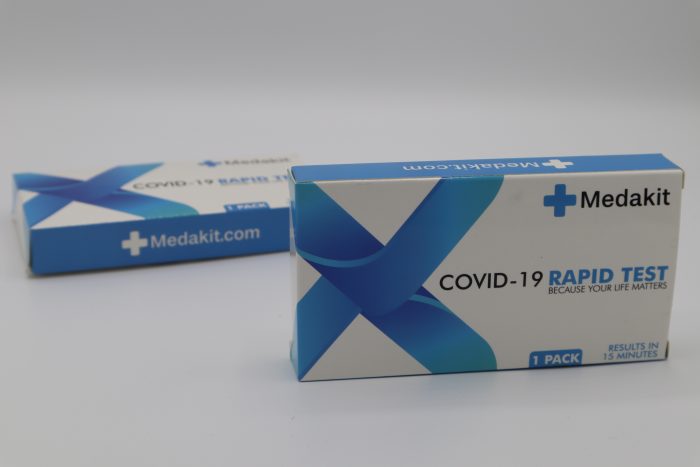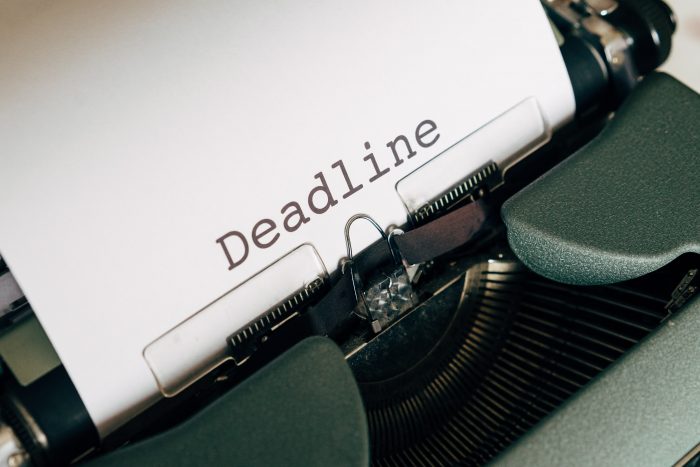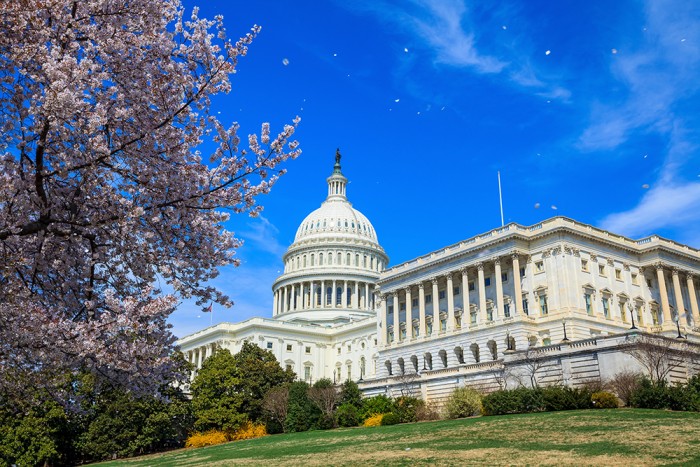National Expansion Of Employment Opportunities Network
FDA Authorizes Merck’s Anti-Coronavirus Pill, a Second Treatment Option
PA L&I Soliciting Public Comment on the PA Workforce Innovation and Opportunity Act

[51 Pa.B. 7805]
[Saturday, December 11, 2021]
Some disability areas for possible commentary include:
- OVR: District Offices, Pre Employment Transition, Services, under/un served populations (specific disabilities of groups; ESL issues (Spanish, Chinese, Russian languages, etc.), collaboration with other state agencies (PA DHS for OLTL, OMHSAS and ODP populations; PDE-Bureau of Special Education);
- PA Career Links (including physical & programmatic accessibility, which are required under the Federal WIOA passed in 2014 with 2016 regulations put forth);
- Home or vehicle modifications (policies, process, and waiting lists);
- Deaf Blind Services (SSP), which are state funds only at this time (no federal funding); and
- Movement away from sheltered workshops and segregated employment settings towards competitive employment per Federal guidance put forth earlier this year.
You can also see more from the Federal Department of Education Rehabilitation Services Administration (RSA) on what they are looking for from states.
PA to Expand Adolescent SUD Treatment Services – RCPA Members BHARP, NBHCC, & CCBH Issue RFP
DDAP Outlines Funding Amounts, Initiatives by Source
The Pennsylvania Department of Drug and Alcohol Programs (DDAP) recently updated its Department Funding web page to include documents outlining how the department is spending its funding by source, including:
- Supplemental Funding;
- Substance Abuse Prevention & Treatment Block Grant Supplemental Funding;
- American Rescue Plan;
- State Opioid Response II;
- McKinsey Settlement; and
- Medical Marijuana Revenue.
DDAP will update this page as new funding sources are announced.
Pfizer Pill Becomes 1st US-Authorized Home COVID Treatment
Where, When Can You Get At-Home COVID-19 Rapid Test Kits?

As Jan. 1 Deadline Approaches, Questions Still Cloud ASAM Transition

Following the Commonwealth Court’s decision to deny the Drug and Alcohol Service Providers Organization of Pennsylvania’s (DASPOP) request for a preliminary injunction against key pieces of the ASAM transition, the Department of Drug and Alcohol Programs (DDAP) participated in RCPA’s Drug and Alcohol Committee meeting on Tuesday, Dec. 14. You can read the court’s opinion here.
Despite establishing a deadline by which providers must align with the ASAM Criteria, including the “PA-Specific Alignment Requirements,” and in particular referencing the changes in IOP ratio, daily therapeutic hours, and credentialing as “PA-Specific Alignment Requirements” of the ASAM transition on its website, DDAP argued in court that these are “guidelines,” not requirements. The challenge for providers, however, is that the single county authorities (SCAs) and behavioral health managed care organizations (BHMCOs) have signaled all along that they will require providers to comply with these pieces of the ASAM transition through contracts. Now, DDAP’s pivot to calling them “guidelines” has created confusion among providers and payers. RCPA has contacted each of the five BHMCOs and the Pennsylvania Association of County Drug and Alcohol Administrators (PACDAA) to ask whether DDAP’s testimony and the court’s decision will change their approach to enforcing the guidelines/mandates in question through their contracts. We will pass along any relevant information we may receive. In addition, DDAP told us it will be issuing guidance and clarification on these guidelines right before or after the new year.
At RCPA’s D&A Committee meeting last week, DDAP Deputy Secretary Ellen DiDomenico explained how ASAM explicitly defines its criteria versus DDAP’s interpretation of that criteria and what it is now calling recommended guidelines. For example, while the ASAM Criteria explicitly calls for daily clinical hours, DDAP has established six to eight daily therapeutic hours as the application of ASAM’s criteria in Pennsylvania. As DDAP has communicated all along, Deputy Secretary DiDomenico explained that if providers can demonstrate the ability to provide individualized care in ways other than what DDAP “recommends,” it will consider those.
DDAP also said at the meeting that nothing has changed with the court’s decision, which we would interpret to mean that unless a provider has been approved to provide care in a way other than what DDAP recommends, providers must be aligned with their guidelines by Jan. 1, 2022. For example, unless a provider has been approved to provide intensive outpatient services at a ratio other than 1:15, that provider must meet the 1:15 guideline. DDAP also said at the meeting that it is working with the MCOs and SCAs to develop a monitoring tool with the goal being development of a collaborative monitoring process so that providers will not need to be monitored for ASAM alignment by multiple payers. Deputy Secretary DiDomenico also said that monitoring of ASAM compliance would focus on ASAM Criteria as explicitly written in the ASAM Criteria 3rd Edition.
Lastly, House Bill 1995, which would have forced DDAP to go through the regulatory review process any time it made changes that affect licensed addiction treatment providers, has stalled in the Senate. After sailing out of the House of Representatives on a timeline that would have enabled it to pass the Senate and land on the governor’s desk before Jan. 1, the Senate Health and Human Services Committee did not take up the bill for vote. With the General Assembly recessed through the end of the year, there is no possibility of HB 1995 providing relief to providers on the confusion around these ASAM guidelines before Jan. 1.
Given the contradictions and confusion, we will share any guidance we get from DDAP as soon as we get it. Please contact RCPA Drug and Alcohol Division Director Jason Snyder with any questions.
ANCOR Capitol Correspondence: BBB Act Negotiations to Continue Into 2022
The fate of the Build Back Better Act, which contains historic funding for Medicaid Home and Community Based Services (HCBS), became increasingly precarious after a series of events unfolded last week. Despite Senate Majority Leader Chuck Schumer’s aspirational plan to move the bill to the floor by Christmas, President Biden conceded that negotiations over the bill would continue into 2022 following stalled talks between the White House and Senator Joe Manchin (D-WV).
Please read the full correspondence here.















